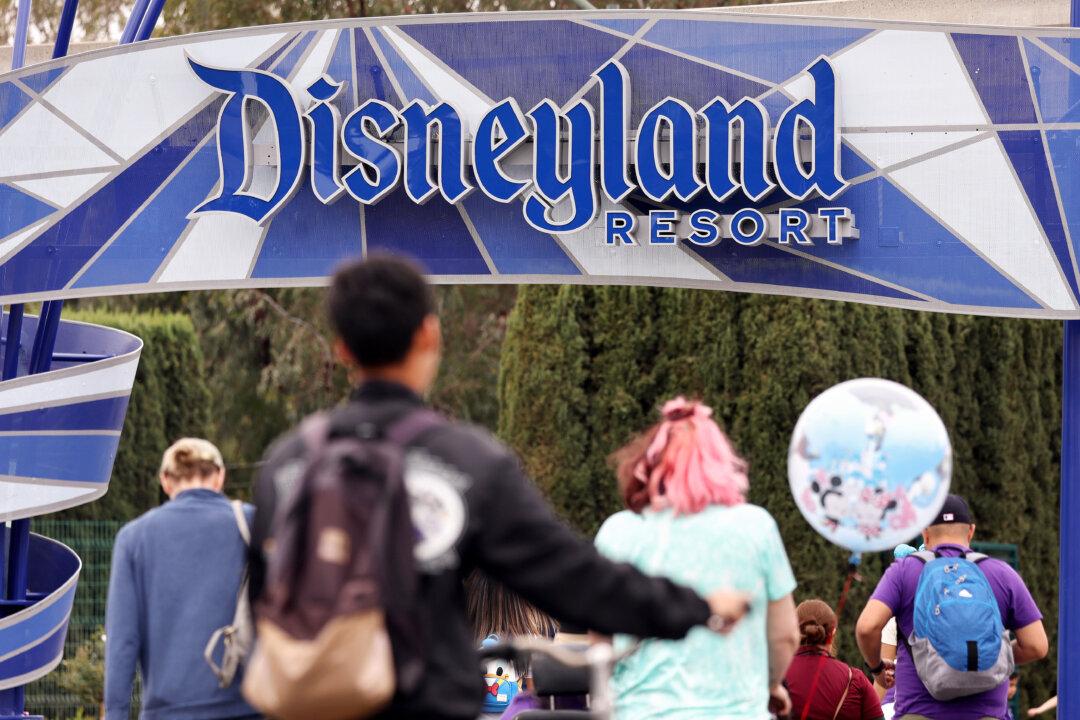A coalition of four unions representing 14,000 workers at Disney’s theme parks and resorts in Southern California said on July 19 that their members have voted to authorize a potential strike over what they called “unfair labor practices” by the company.
The coalition said that about 99 percent of the members of the union—which includes custodians, ride operators, candy makers, and merchandise clerks—voted in favor of the strike.





